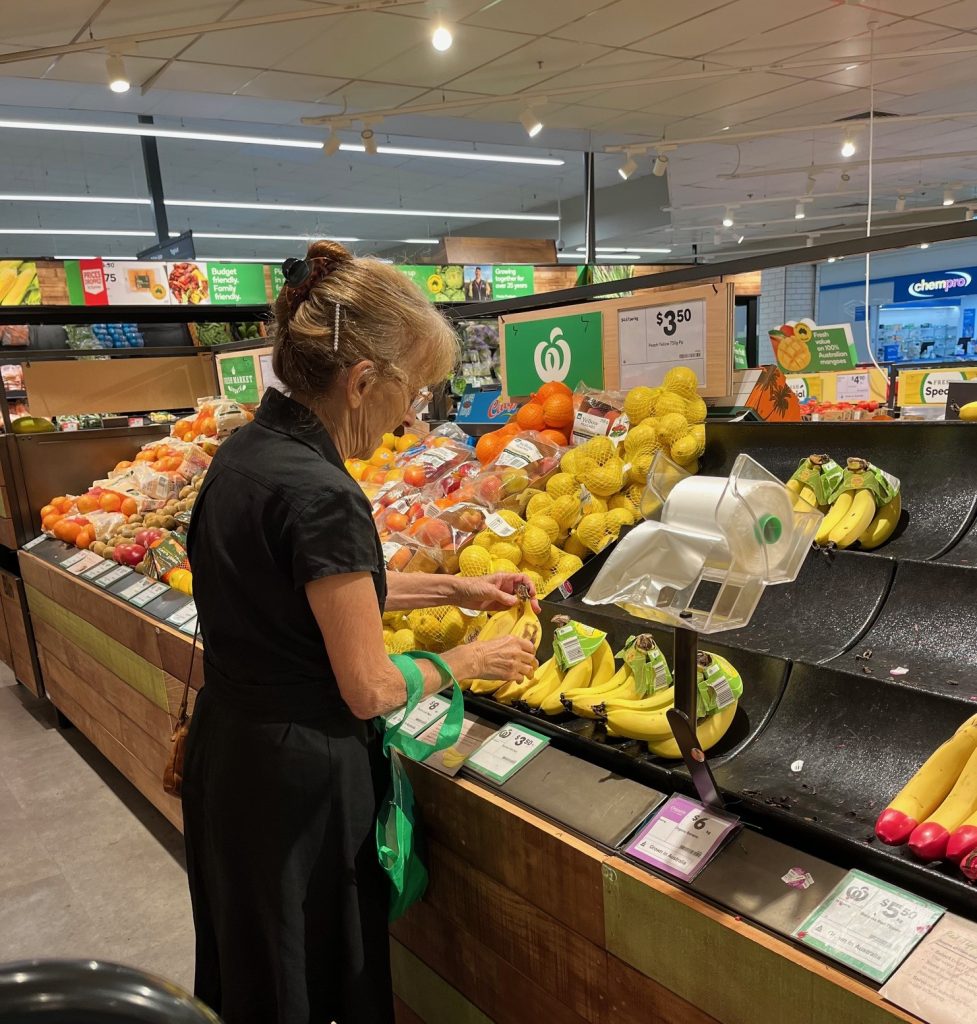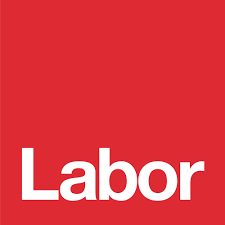October 2024 Column by Janelle Saffin MP
LABOR Governments at State and Federal level are committed to easing cost of living pressures and this month I have an update on some of the latest measures.
Woolworths and Coles face legal action
Earlier this year I applauded the Federal Albanese Government’s move directing the Australian Competition and Consumer Commission (ACCC) to conduct an inquiry into supermarket pricing.
So it is great to see that the ACCC is now taking legal action against supermarket giants Woolworths and Coles for allegedly duping shoppers with phoney price dropping. This is scandalous if proven true … shoppers thought they were getting a bargain only to be ripped off at the cash register.
The ACCC inquiry examined the pricing practices of the supermarkets and the relationship between wholesale, including farmgate, and retail prices.
Farmers, who have been calling out the supermarkets for years have welcomed the court action as a step in the right direction.
Power to the people
There are so many houses that are too hot in summer and too cold in winter and we know the expense of heating and cooling our homes can have a big impact on our energy bills.
I’m pleased to report the Minns Labor Government has committed $290 million in new funding for an energy strategy to help households and businesses save money and reduce power use.
The Government’s Consumer Energy Strategy: Powering our People and Communities, will make it easier for households and businesses to access energy saving technologies like solar, batteries and energy efficiency upgrades
The strategy is a response to the Independent Electricity Supply and Reliability Check-up that the Minns Government commissioned last year.
In 2020 the Parliament passed the Electricity Investment Bill, a climate change strategy and path to renewables for NSW. However that policy lacked a government process involving the community.
This called for a whole of government approach to our transition to renewables and the Consumer Energy Strategy is the missing piece of the strategy. It is designed around people and communities.
The Government is committed to making it easier for all consumers to save money and cut emissions no matter where you live, or whether you rent or own your home.
A typical house could save an average of $2000 a year and 1100 kilograms of greenhouse gas emissions with energy saving technologies.
Already many households and businesses are active participants in our energy system. New energy technologies and services like batteries and virtual power plants mean consumers can be rewarded for the energy they generate and can store it for when it is needed most.
The NSW Consumer Energy Strategy outlines 50 actions to help households and businesses including:
- A new incentive and rebate scheme to help households upgrade to energy saving technologies. This will be rolled out by the end of 2025.
- New home energy ratings from 2025 so renters and buyers have more information about the cost of heating and cooling their potential homes.
- Setting the first targets in Australia for solar and battery uptake.
- Improving the safety and reliability of installations by increasing the number of electrical safety inspectors.
- Providing practical resources so people can make informed decisions to improve energy efficiency.
- Boosting consumer rights and protections
The Consumer Energy Strategy comes on top of the $435.4 million for annual energy bill rebates and debt relief, $200 million to support the roll-out of public EV charging stations and $175 million to make energy savings upgrades for 24,000 social housing homes.
The Strategy is available at: www.energy.nsw.gov.au/energy-strategy

